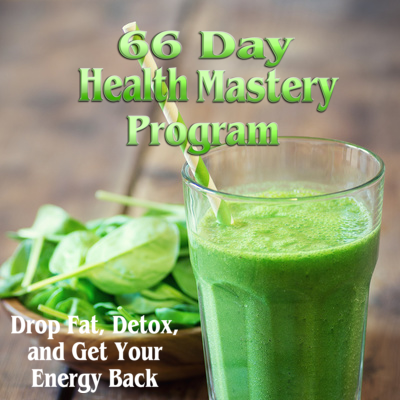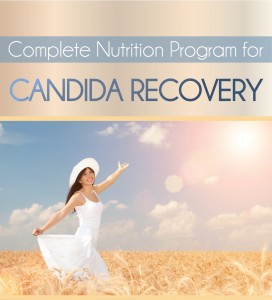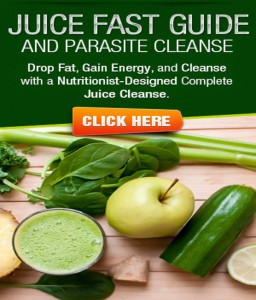By now many of us know the dangers of aluminum exposure. Research has uncovered direct links between aluminum levels in the body and Alzheimer’s, breast cancer, brittle bones, autism (in utero exposure), infertility, and generalized permanent damage to the central nervous system. Aluminum is an estrogen mimicker which imbalances the hormones indirectly leading to hypothyroidism, endometriosis, and many other health issues. Some aluminum facts:
- Aluminum neurotoxicity was found in the senile plaques and neurofibrillary tangles that represent the principal signs of Alzheimer’s.
- In a 2007 study published in the Journal of Inorganic Biochemistry researchers examined breast samples from breast cancer patients who had undergone mastectomies. The women who used antiperspirants had deposits of aluminum in their outer breast tissue. Concentrations of aluminum were higher in the tissue closest to the underarm than in the central breast.
- Aluminum can prevent the body from digesting and assimilating calcium, phosphorus and fluoride. This prevents bone growth and reduces bone density. Aluminum can also cause conditions which actually force calcium out of the bones. Either of these situations can cause weakening of the bone structure.
- Aluminum toxicity can lead to aching muscles, speech problems, anemia, digestive problems, lowered liver function, colic and impaired kidney function.
ALUMINUM BLOCKS YOUR BODY’S ABILITY TO DETOXIFY
Exposure to aluminum in your diet or self-care products blocks your body’s ability to eliminate mercury and other toxins from the body because aluminum impairs your body’s glutathione production. Glutathione is the most important detoxifying substance in your body. So when you are exposed to aluminum you get the toxicity from the aluminum in addition to your body’s reduced ability to reduce other toxins.
We are exposed to aluminum in everyday life and it enters the human body from many sources including drinking water, food, personal care products, medications and vaccinations. The most important thing to do is to read labels and avoid all forms of aluminum. But many products are mislabeled. Sometimes aluminum is listed in compound ingredients such as silicoaluminate. Further, some labels are deliberately confusing. For example some deodorant labels say “contains no aluminum hydroxide” yet contain other forms of aluminum. But at a quick glance someone may assume these productsdo not contain aluminum.
DEODORANTS
Deodorants and antiperspirants are particularly dangerous since aluminum is absorbed almost directly into the lymph nodes from the armpits. Potassium aluminum sulfate makes up about 25% of some of the most popular brands of deodorants, and it cannot be excreted from the body without specific heavy metal detox protocol. Therefore it accumulates within the body throughout your life and becomes more and more dangerous as you age. Why is aluminum used in deodorant, how does it work?
“The aluminum ions are taken into the cells that line the endocrine-gland ducts at the opening of the epidermis, the top layer of the skin. When the aluminum ions are drawn into the cells, water passes in with them. As more water flows in, the cells begin to swell, squeezing the ducts closed so that sweat can’t get out.” ~ Dr. Eric Hanson of the University of North Carolina’s Department of Dermatology.
FOODS
It is best to avoid foods made with: aluminized baking powder, self-rising flour, and salt. The following are some of these products:
- Canned Food (Especially Acidic Foods like Tomato Sauce)
- Microwave popcorn
- Salted snacks
- Hot chocolate mixes
- Coffee Creamers (For example, Coffee Mate contains sodium aluminosilicate)
- Pickles and relish (aluminum often added to firm up the pickles)
- Flour tortillas
- Pizza
- Muffins, Doughnuts, Cookies, Pancake mixes, baking mixes, brownie mixes etc…
OTHER PRODUCTS CONTAINING ALUMINUM:
- Over the counter medications and prescription drugs (For example, antacids contain 200 milligrams of elemental aluminum in one pill, more than ten times over the “acceptable” 20 milligrams per day)
- Cooking in aluminum pots and pans (and also non-stick coatings are almost always aluminum based so avoid those).
- Grilling with aluminum foil, or using aluminum foil to wrap leftover foods
- Vaccinations, including Hepatitis A and B, Hib, DTaP (diphtheria, tetanus, pertussis), pneumococcal vaccine, Gardasil (HPV), and others
- Many body lotions and cremes
- Most cosmetics
- Shampoos and Conditioners
- Soaps
- Suntan lotions
WHAT CONTAINS THE HIGHEST LEVEL OF ALUMINUM?
Cheese. Yes, that’s right. Cheese. The dairy industry adds aluminum to cheese – it’s the number one source of aluminum in the diet. Aluminum salts produce a smooth uniform film around fat droplets to avoid “fat bleeding” and to give the cheese a softer texture. And food typically provides at least 90% of dietary aluminum that reaches systemic circulation. See: http://www.ncbi.nlm.nih.gov/pmc/articles/PMC2449821/










